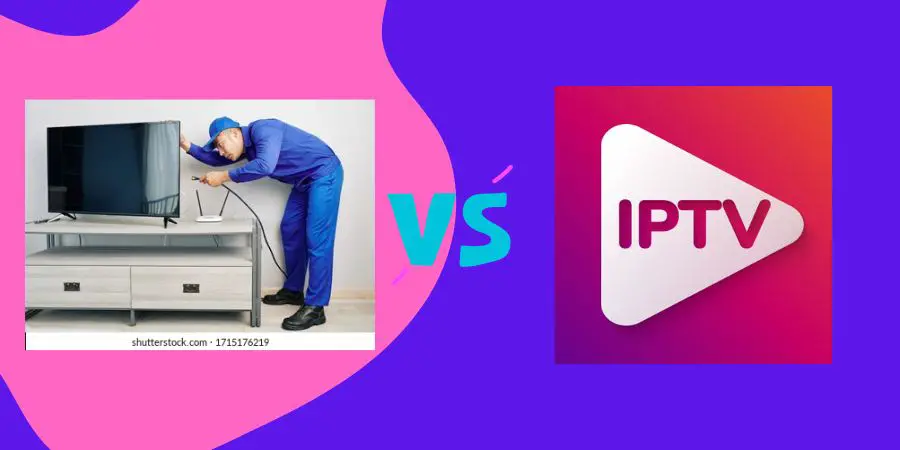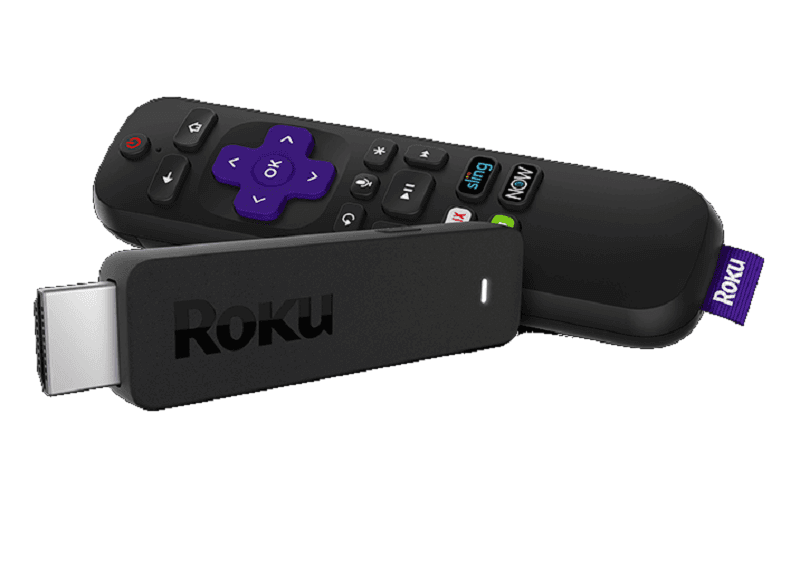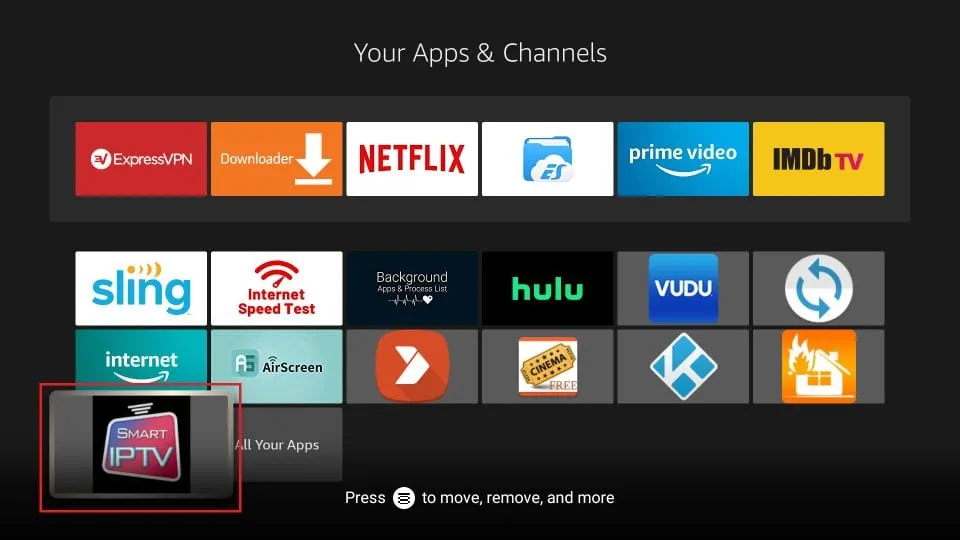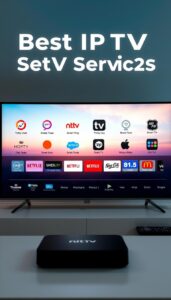IPTV vs. Cable TV
Introduction
Television has come a long way from the era of rabbit-ear antennas and limited channel options. In today’s digital age, the battle between IPTV (Internet Protocol Television) and Cable TV is more prominent than ever. Let’s dive into the intricacies of both and help you make an informed decision.

Definition of IPTV and Cable TV
IPTV delivers television content through internet protocols, enabling users to stream media in real-time. On the other hand, Cable TV utilizes traditional cable connections to broadcast signals to your television.
Evolution of Television Services
With the rise of technology, television services have evolved. IPTV represents a shift towards a more dynamic and on-demand model, while Cable TV retains a classic, reliable approach.
Advantages of IPTV
Cost-Effectiveness
IPTV often proves more budget-friendly than Cable TV. With customizable packages and the ability to choose specific channels, users can tailor their subscriptions to their needs.
On-Demand Content
One of IPTV’s significant advantages is the availability of on-demand content. Say goodbye to rigid schedules; IPTV allows you to watch your favorite shows and movies whenever suits you.
High-Quality Streaming
IPTV leverages internet connectivity to provide high-quality streaming. With advancements in technology, buffering and pixelation are reduced, ensuring a seamless viewing experience.

Advantages of Cable TV
Reliability
Cable TV has long been hailed for its reliability. It doesn’t rely on internet connectivity, making it a solid choice for areas with inconsistent internet services.
Local Channels
For those who value local news and programming, Cable TV often offers a broader range of local channels, ensuring you stay connected with community updates.
Bundled Services
Cable TV providers frequently offer bundled services, combining television, internet, and phone services into a single package. This can be convenient and cost-effective for those looking for all-in-one solutions.

SEO Analysis: Keyword Placement
Importance of Keywords
Effective SEO is vital for ensuring your content reaches its target audience. Keywords play a crucial role in optimizing your content for search engines.
Keyword in the Headline
The headline is the first thing users see. Placing the keyword at the beginning of the blog ensures search engines recognize the relevance of your content.
Keyword in H2
Including the keyword in an H2 (Heading 2) tag further emphasizes its importance to search engines. This enhances the overall SEO performance of your article.
Comparative Analysis
Content Variety
IPTV’s on-demand model allows for a broader range of content choices. Cable TV, while extensive, may lack the flexibility to cater to individual preferences.
Installation and Setup
IPTV typically requires a stable internet connection and compatible devices. Cable TV, being a traditional service, often involves a straightforward installation process with minimal technical requirements.
Accessibility
The accessibility of content is a key factor. IPTV allows you to watch your favorite shows on various devices, providing more flexibility. Cable TV might limit accessibility to the television set.
User Experience
Interface and Navigation
IPTV services often boast user-friendly interfaces with intuitive navigation. Cable TV interfaces can vary but may not always offer the same level of customization.
Customer Support
In the event of issues, good customer support is crucial. Both IPTV and Cable TV providers offer support, but experiences may vary. Researching provider reviews can give insight into their customer service quality.

Making Your Decision
Consider Your Preferences
Evaluate your viewing habits, preferences, and budget. If flexibility and on-demand content are priorities, IPTV might be the better choice. If reliability and bundled services matter, Cable TV could be the answer.
Evaluate Your Budget
Compare the costs of IPTV and Cable TV subscriptions. Factor in any additional services or features you may require. Making a decision based on your budget ensures you get the best value for your money.
Conclusion
The choice between IPTV and Cable TV ultimately depends on your individual needs. Both offer unique advantages, and understanding your preferences is key to making the right decision for your entertainment needs.
FAQs about IPTV vs. Cable TV
- Which is more cost-effective: IPTV or Cable TV?
- IPTV is often more cost-effective due to customizable packages.
- Can I watch local channels with IPTV?
- While IPTV primarily focuses on internet-based content, some providers offer local channels. Research specific IPTV providers for local channel availability.
- Is Cable TV more reliable than IPTV?
- Cable TV is often considered more reliable, especially in areas with unstable internet connections.
- Do IPTV services require specific devices?
- IPTV services may require compatible devices, such as smart TVs, streaming devices, or IPTV boxes.
- Can I bundle services with IPTV like Cable TV?
- Some providers offer bundled services with IPTV, combining television, internet, and phone services.
Navigating the landscape of television services requires careful consideration. Whether you opt for the modernity of IPTV or the reliability of Cable TV, your viewing experience should align with your preferences and lifestyle.
Explore our website for reviews on top-notch tech products if you have an interest in the latest technology offerings.





